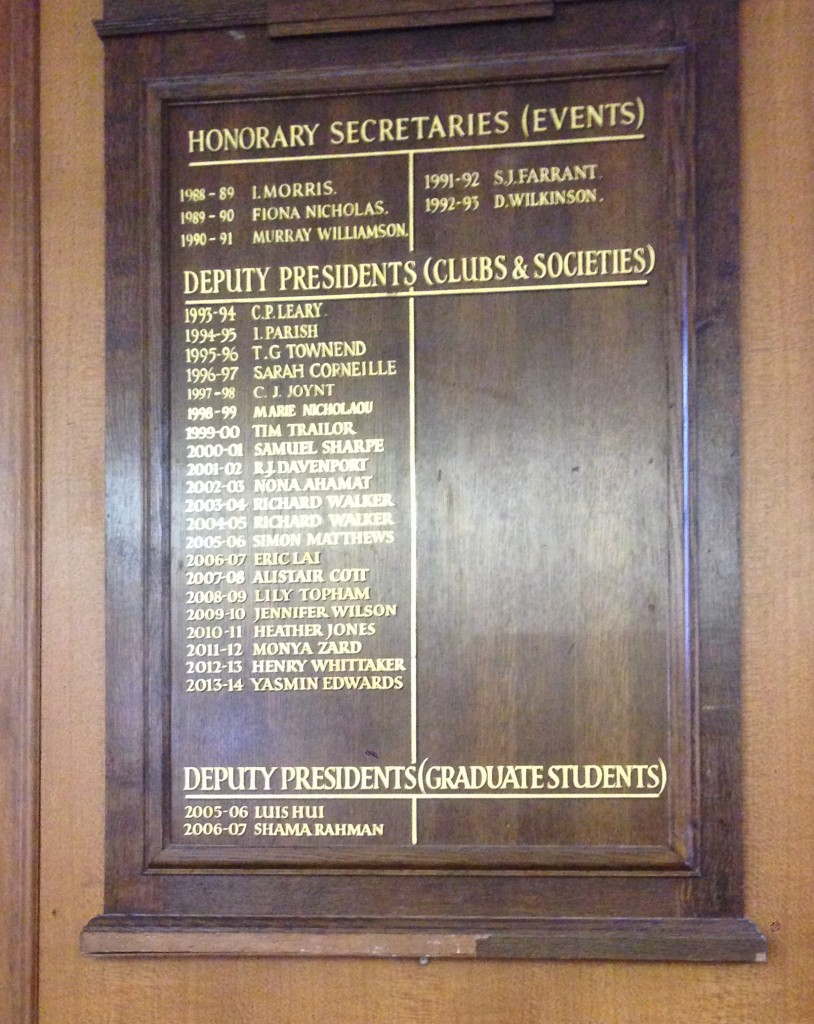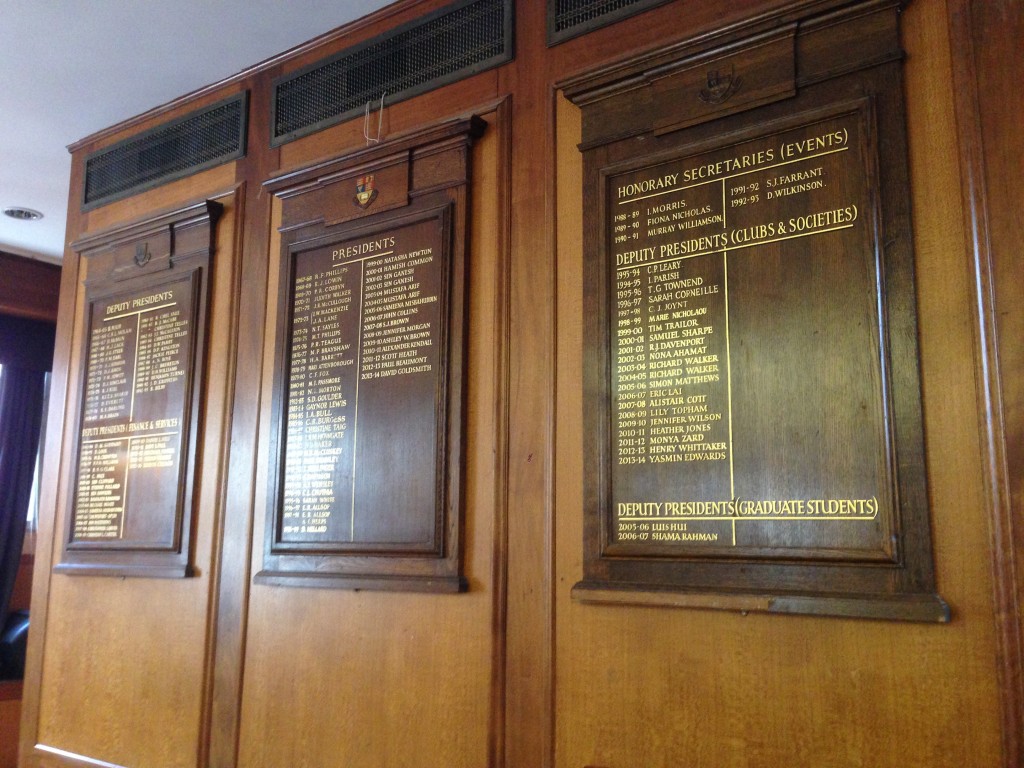I saw a retweet or tweet, I’m not sure how a saw it as I don’t tend to follow anything on this subject matter. I saw this on my general twitter account, the one I use for following things I’m interested in rather than just my friends.
I re-tweeted this myself in a kinda ironic way. I also asked if there were any papers to back up the claim.
I actually got a response. Which was good. I was expecting to find that I was ignored.
So, this was good. I went to see if I could find the science paper. It is here, at the Journal Of The Royal Society Of Medicine. I have looked at the abstract and I have the following points to make:
- This is a meta-analysis of many previous trials.
- This is a study of Adverse Effects of using various homoeopathic preparations (see the table).
- The study looks at AEs of provings. A proving is not a treatment for a particular illness or problem. A proving is a way of matching a homoeopathic preparation with what symptoms it produces, thereby giving an indication of what it could be used to “treat”.
- This study shows that the AEs of homoeopathic preparations are pretty much inline with the AEs of giving people placebo. There was one result which showed that placebo had statistically higher AEs and one where the homoeopathic thing was much worse than placebo (see this table).
- The paper shows that the AEs from homoeopathic preparations are broadly the same as placebo (nothing). This shows that homoeopathic preparations are nothing.
- This paper does NOT consider the efficacy of these treatments for any particular illness or problem.
My summary so far: I have been given a paper which shows that homoeopathic preparations are the same as placebo for various treatments. So I would say that homoeopathic preparations are safe to use. Whether they work or not has not been explained, yet.
Here’s what I got back.
Here is a direct link to the review of evidence published by two practising homoeopaths. I looked over this review [from under the “news” section of the website] and found that it was essentially filled with contradictions. There wasn’t much talk about methodology of the trials and which particular remedies were used. It then goes on to include a table about which remedies could be used and includes statements such as:
Homeopaths contend that respiratory allergies are best treated by professional homeopaths who prescribe individually selected homeopathic constitutional medicines according to specific and unique genetic history, personal health history, and totality of present physical and psychological symptoms being experienced.
Although homeopaths assert that this method of homeopathic prescribing provides the longest-term benefits, no research confirms this observation.
If you include a statement like the second paragraph in your writing then you absolutely should not have the first. The meaning goes thus:
“Some people think this, but there’s no evidence for it”
It’s a very similar technique used by newspapers and the Discovery channel in its “science” programming. “Some people believe Jesus was an alien, we will leave it for you to decide”. Whether some people believe something or not is irrelevant. Belief does not change what the evidence shows. The review also uses the brilliant argument that “further research” is needed. Well, if the trials you are mentioning in this review don’t give stand out evidence and they are the best you’ve got then asking for more research is a form of special pleading.
My next response was aimed at getting a link to the BEST paper that a homoeopath can produce.
Here’s the next response.
Here’s a direct link to the “best” trial. Which isn’t a trial. It’s a puff-piece from a British Homoeopathic organisation. Having had a look through this publication I have searched for the two references to allergies.
The first reference to allergies is:
Bornhöft G, Wolf U, Ammon K, et al. Effectiveness, safety and cost-effectiveness of homeopathy in general practice – summarized health technology assessment. Forsch Komplementärmed 2006; 13 Suppl 2: 19–29.
I’m not going to read this because the title has nothing about the effectiveness of homoeopathy in treating allergies. It’s about safety. I can assure you that taking homoeopathy is the same as taking nothing and so it’s safe because it has nothing in it.
The second reference is:
Bellavite P, Ortolani R, Pontarollo F, et al. Immunology and homeopathy. 4. Clinical studies – Part 1. Evidence-based Complementary and Alternative Medicine; eCAM, 2006; 3: 293-301
Here’s a link to the paper stored at the US National Library of Medicine. From the conclusion of this meta-study:
In summary, there is an efficacy/effectiveness paradox (similar to that found in several other areas of complementary medicine research) with a weak evidence in favo[u]r of homeopathy when studies are done in randomized and double-blind conditions, but yet there is documented effectiveness in equivalence studies comparing homeopathy and conventional medicine and documented usefulness in general practice.
This says that when the “gold standard” of medical trials are applied to homoeopathy, the randomised double blind placebo controlled trial, then there is weak evidence for homoeopathy. If homoeopathy produced any outcome at all we would expect strong evidence in these trials. The paper summary does not state that “placebo-controlled” so it is possible that they were really just measuring a placebo effect.
Placebo Effect – An Aside
Very briefly I would like to point out that the placebo effect is a nill-effect. Your body will heal itself what ever you decide to take. Taking any form of medicine garners the placebo effect. so, you could take homoeopathy with no clinical effect and only the placebo effect [zero real effect] or you could take real medicine and have the bonus of the placebo [zero real effect]. Placebo – you might “feel” better, but you aren’t. Simple.
I’ve followed the reference from the paper for its conclusions in this area.
Walach H, Jonas WB, Ives J, Wijk RV, Weingartner O. Research on homeopathy: state of the art. J Altern Complement Med. 2005;11:813–29.
Here’s a quotation from the summary available here.
While there are nearly 200 reports on clinical trials, few series have been conducted for single conditions. Some of these series document clinically useful effects and differences against placebo and some series do not. Observational research into uncontrolled homeopathic practice documents consistently strong therapeutic effects and sustained satisfaction in patients.
So, this is a meta-analysis discussed in another meta-analysis and it states that virtually no trials have been done on a single condition. This is common with CAM as it means there’s more chance of finding an effect when you mine the data. Some trials are tested against placebo and some not [another CAM trick]. As is most common, when good double-blind placebo controlled trials are completed the effect of homoeopathy is reduced to virtually zero although “observational” studies [self reporting and other subjective stuff] reveals strong effects. These “observational” studies may report strong effects but it does not mean that they are real.
Another of the references in this paper links to some allergy investigations so I looked through those.
Aabel S, Laerum E, Dolvik S, Djupesland P. Is homeopathic ‘immunotherapy’ effective? A double-blind, placebo-controlled trial with the isopathic remedy Betula 30c for patients with birch pollen allergy. Br Homeopath J. 2000;89:161–8.
Link here. Answer “no”. There is no difference to placebo, except for a couple of days in the middle of the trial where we have pointed out small differences because it confirms what we think. But overall there is no effect.
What we think this means is that there should be further investigation. What I think this means is that there’s no need for further investigation. It’s quite clear it doesn’t work.
Another paper about allergies:
Aabel S. No beneficial effect of isopathic prophylactic treatment for birch pollen allergy during a low-pollen season: a double-blind, placebo-controlled clinical trial of homeopathic Betula 30c. Br Homeopath J.2000;89:169–73
Link here. NO BENEFICAL EFFECT.
Another:
Aabel S. Prophylactic and acute treatment with the homeopathic medicine, Betula 30c for birch pollen allergy: a double-blind, randomized, placebo-controlled study of consistency of VAS responses. Br Homeopath J.2001;90:73–8.
Link here. This trial looked for correlation between taking homoeopathy and the self-reported symptoms of people and found correlation. r=0.7 or so, which isn’t bad, but then although it shows correlation it most definitely does not give any causation. So this is a mostly useless study.
Here’s the final one I’m going to look at. I was trying to make sure that I have looked at most of the evidence before replying to Mr Homoeopathy man.
Lewith GT, Watkins AD, Hyland ME, Shaw S, Broomfield JA, Dolan G, Holgate ST. Use of ultramolecular potencies of allergen to treat asthmatic people allergic to house dust mite: double blind randomised controlled clinical trial. Br Med J. 2002;324:520
Direct link here. Here’s some words from that paper:
Results
There was no difference in most outcomes between placebo and homoeopathic immunotherapy. There was a different pattern of change over the trial for three of the diary assessments: morning peak expiratory flow (P=0.025), visual analogue scale (P=0.017), and mood (P=0.035). At week three there was significant deterioration for visual analogue scale (P=0.047) and mood (P=0.013) in the homoeopathic immunotherapy group compared with the placebo group. Any improvement in participants’ asthma was independent of belief in complementary medicine.
Conclusion
Homoeopathic immunotherapy is not effective in the treatment of patients with asthma. The different patterns of change between homoeopathic immunotherapy and placebo over the course of the study are unexplained.
So, this was a double blind randomised controlled trial and it showed no effect. time for a reply to Mr Homoeopathy. I’ve asked for best evidence but have found none of good quality so far. Even the best RCT says no effect. It’ll be time soon to call quits on this discussion.
The reply was thus:
As of yet I haven’t received a reply. When I do I shall continue this communication. I hope to get a reply with a good RCT with a positive result for homoeopathy.














